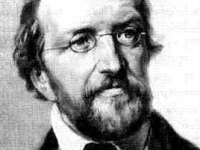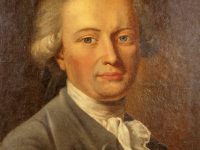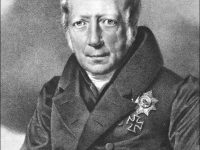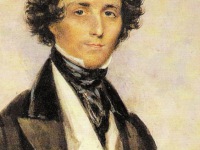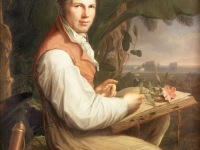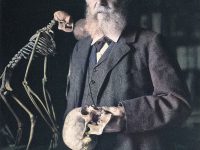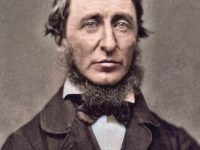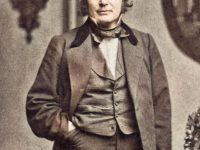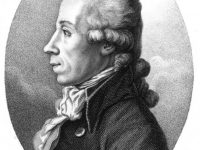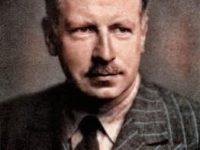Lejeune Dirichlet and the Mathematical Function
On February 13, 1805, German mathematician Johann Peter Gustav Lejeune Dirichlet was born. Dirichlet is best known for his papers on conditions for the convergence of trigonometric series and the use of the series to represent arbitrary functions. He also proposed in 1837 the modern definition of a mathematical function. “In mathematics as in other fields, to find one self lost in wonder at some manifestation is frequently the half of a new discovery.”…
Read more

